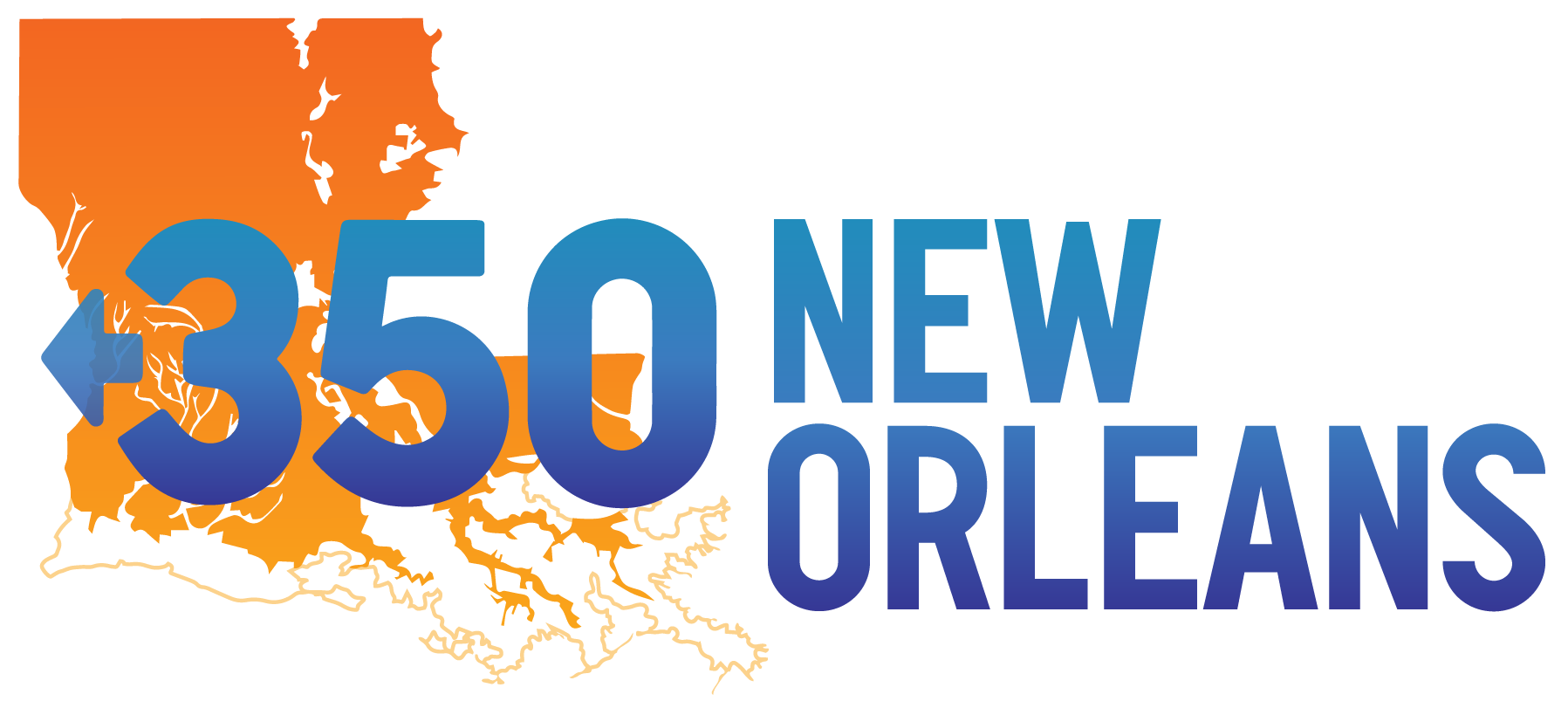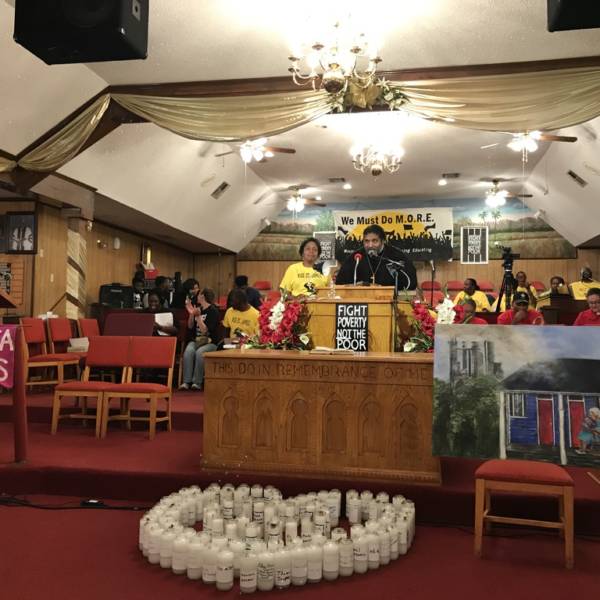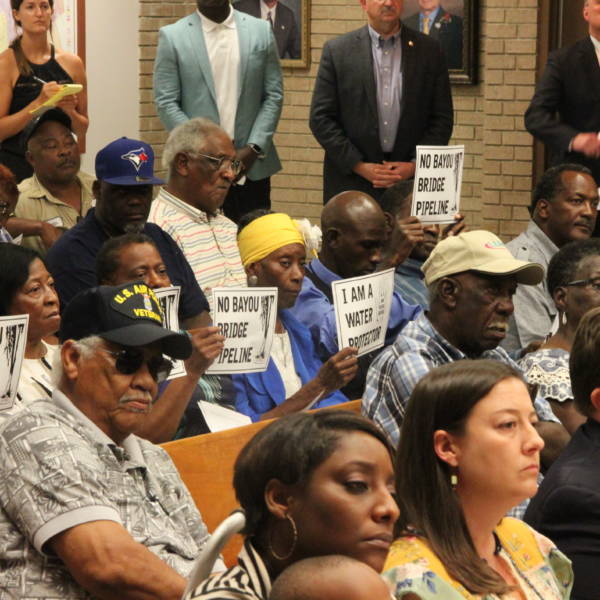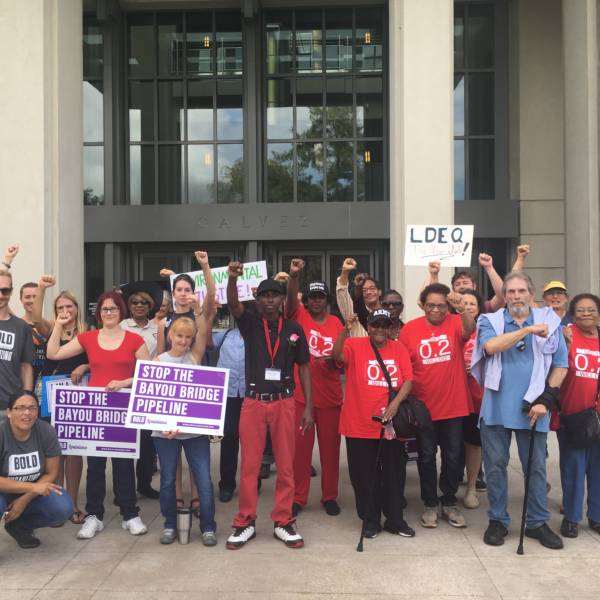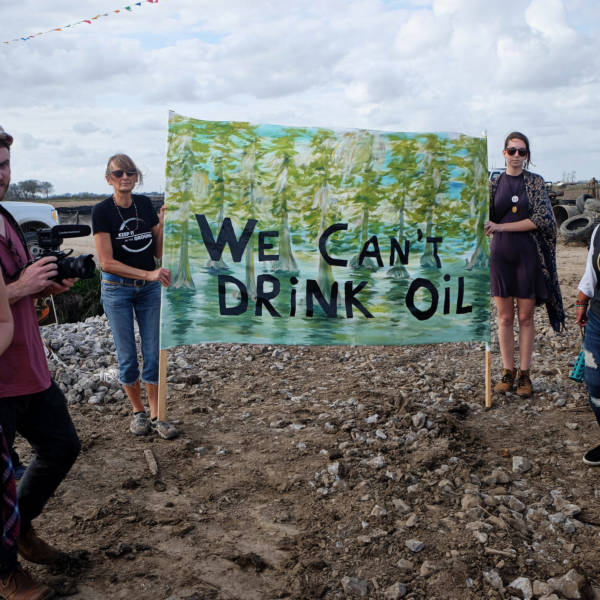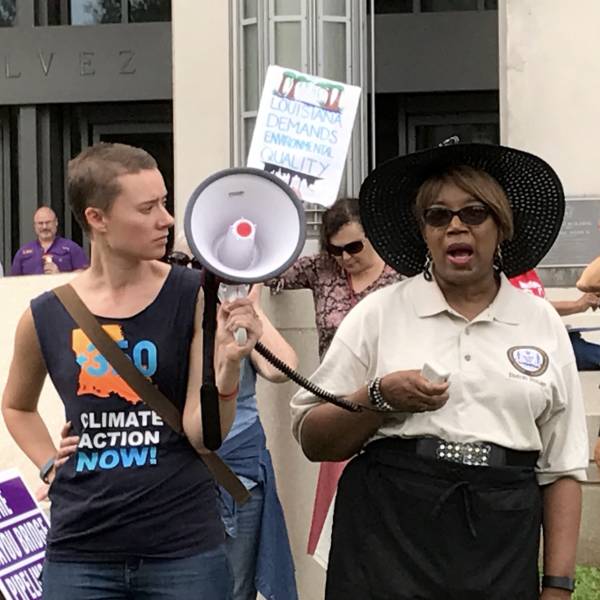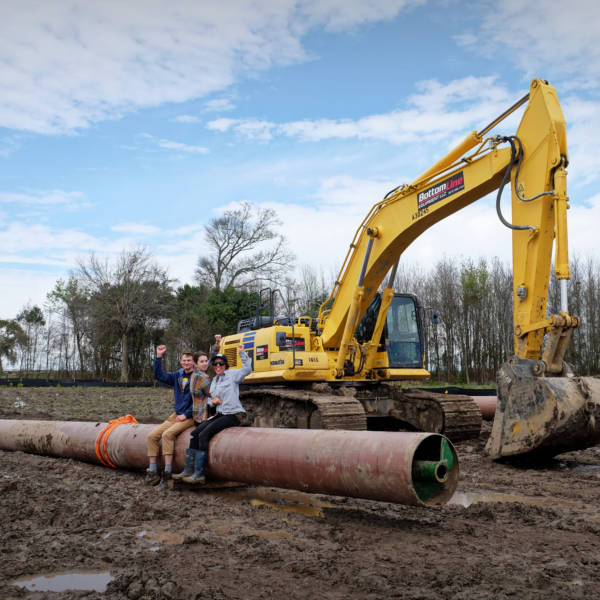WHAT IS DEATH ALLEY?
For nearly 40 years, the string of communities along the Mississippi River from Baton Rouge down to the Gulf has been known as “Cancer Alley”. The name stems from high rates of cancer inflicted on primarily black residents by the petrochemical industry. The impacts of the air pollution, however, are not limited to cancer. Residents experience increased rates of asthma, respiratory illnesses, and rare autoimmune disorders. More than 200 petrochemical industries contribute to genocide here in what is known as a “national zone of sacrifice”. That’s why leaders and residents in the affected communities decided to rename the region “Death Alley.”
OUR CURRENT PROJECTS
All of the work we do to End Death Alley is in direct solidarity and community with residents of the most impacted parishes. We follow the direction of local black leaders who are fighting for the survival of their historic communities.
Stop Formosa
Formosa Plastics wants to build a massive plastic factory on the banks of the Mississippi River in St. James, Louisiana. This massive petrochemical complex would be comprised of 14 new plants. The complex would permanently change the landscape of St. James and add to the already toxic air that residents breathe.
This African-American community has already been sickened by industrial polluters. A new plastic plant will pose greater risk to public health. In June of 2019, a Texas Judge declared Formosa a “serial offender” — their track record across the world is toxic.
Louisiana is permitting Formosa to discharge toxic chemicals into the air and water, including New Orleans’ water supply. Formosa would double the toxic emissions in St. James from the 12 existing industrial plants and would emit almost 4 times the greenhouse gases of the city of New Orleans.
It’s part of the fossil fuel industry’s push to turn an oversupply of fracked natural gas into more throwaway plastic. Plastic that may choke wildlife and add to the ocean plastic crisis. We are part of a coalition supporting the incredible women of RISE St. James in their fight to Stop Formosa. Learn more at StopFormosa.org.
Shut Down Denka
Denka/DuPont is a petrochemical plant in St. John Parish, the only one in the U.S. that produces neoprene — a synthetic rubber used for things like wetsuits, laptop sleeves, and koozies. A byproduct of the process, chloroprene, is classified as a likely carcinogen by the EPA. After years of study, the EPA determined a recommended limit of 0.2 µg/m3 for chloroprene air emissions. The EPA & Denka/DuPont air monitoring data consistently show air concentrations well above 0.2 µg/m3 and little to no action has been taken.
EPA determined the cancer risk at Fifth Ward Elementary School (near the plant) is 800 times the U.S. average. St. John Parish has one of the highest cancer risks in the country. After decades of flying under the radar, Denka needs to be held accountable for the slow violence they have inflicted on residents in St. John.
We are supporting the work of Concerned Citizens of St. John to shut down Denka.
Coalition Against Death Alley
Community, environmental, civil rights, human rights and religious organizations have banded together to form CADA, Coalition Against Death Alley. On March 20th, 2019, these Louisiana leaders announced a process of non-violent protests to pressure industrial giants and governments to stop the ongoing poisoning of majority-black communities in Louisiana’s “Cancer Alley”, which amounts to ongoing silent genocide.
Our coalition formed to affirm the dignity of communities living in Death Alley and fight together for environmental justice. Learn more at enddeathalley.org.
OUR COLLABORATORS
We are actively working with the following organizations on these issues.









OUR DUTY TO PROTECT

Our People

Our Land

